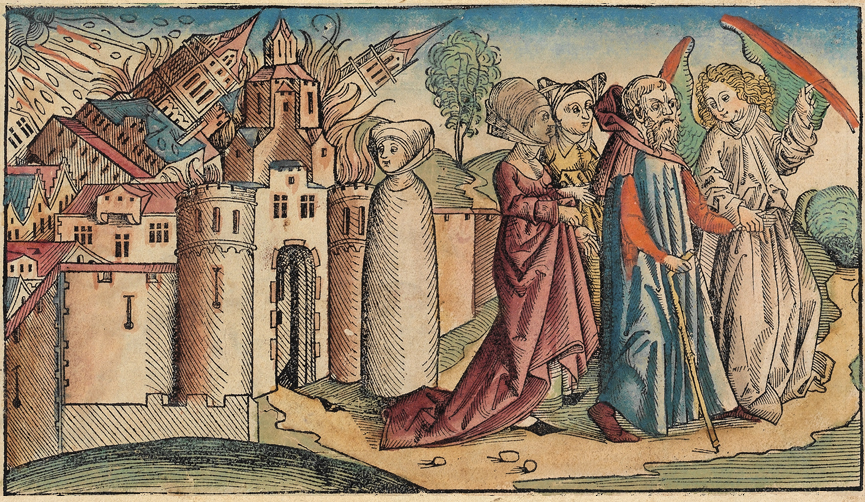
@koutchoukalimar @DerMenschensohn Bellamy's emendation articles are notoriously terrible. It's really quite impressive how much this man manages to get wrong in so little space...
As for your point about reading derived from the text or no, it's a bit more subtle...
As for your point about reading derived from the text or no, it's a bit more subtle...
https://twitter.com/PhDniX/status/1138185589445074949
@koutchoukalimar @DerMenschensohn The Uthmanic text is very ambiguous, many words could be read in many different ways. But it's not so ambiguous that it would lead to utter chaos. The Quran is much like the papyri, whose aim was certainly to be understood as well.
@koutchoukalimar @DerMenschensohn So yes, you *could* read Q2:2 as ḏālika l-kabābu lā zayta fīhi "That is the kabab in which there is no oil" by redotting... but I don't think anyone attempting to read the Quran with no knowledge would fail to read the text proper, purely from context. No oral tradition needed.
@koutchoukalimar @DerMenschensohn That being said there are hundreds of places in the Quran where the text is genuinely ambiguous and where nevertheless there does not seem to be *any* disagreement among the Quranic reading traditions. This certainly points to an early consensus as to its contents.
@koutchoukalimar @DerMenschensohn So early, in fact, that it seems silly to argue that all of that is just post-hoc guessing which somehow managed to get consensus, especially considering how there are plenty of places where the Quranic readers disagree as well.
@koutchoukalimar @DerMenschensohn But in some places there are disagreements between readers, especially when they read totally different words which just so happen to have the exact same rasm... it's very likely that one or all of those readers are generated from the ambiguous rasm.
@koutchoukalimar @DerMenschensohn The famous example of this is quran.com/6/57 where ٮڡص الحٯ is read either yaqḍi l-ḥaqq or yaquṣṣu l-ḥaqq. Behnam Sadeghi has a nice article on this, which replies to Devin Stewart who in turn was replying to Bellamy. 

@koutchoukalimar @DerMenschensohn Now, I'm not one to claim that just because all readers agree on a reading to conclude that that MUST be the original intended reading. But the consensus does mean something, and should be taken seriously when attempting to emend the Quran.
Bellamy's jinnat suggestion is not that
Bellamy's jinnat suggestion is not that
@koutchoukalimar @DerMenschensohn Bellamy's claim that tāʾ marbūṭah may be written with a tāʿ maftūḥah is very misleading. If one looks at where that alternation occurs it's very clear that this is in a very specific context: in construct. نعمت الله besides نعمة الله. This is not that...
@koutchoukalimar @DerMenschensohn There are a couple of other places where the feminine ending is spelled with tāʾ is recited in the indefinite form by some of the readers. Ḥafṣ reads Q35:40 bayyinatin spelling بينت. And Q77:33 ǧimālatun for جملت. Yaʿqūb reads Q4:90 ḥasiratan for حصرت.
@koutchoukalimar @DerMenschensohn But Q35:40 is read bayyinātin (where بينت would be the expected spelling) by all except Ḥafṣ, Ḥamzah, Ḫalaf, ʾAbū ʿAmr and ibn Kaṯīr.
Q77:33 is read ǧimālātun by all except Ḥafṣ, Ḥamzah, Ḫalaf and al-Kisāʾī.
Q4:90 is read as a verb ḥaṣirat by all but Yaʿqūb.
Q77:33 is read ǧimālātun by all except Ḥafṣ, Ḥamzah, Ḫalaf and al-Kisāʾī.
Q4:90 is read as a verb ḥaṣirat by all but Yaʿqūb.
@koutchoukalimar @DerMenschensohn Considering that ALL cases of 'non-construct feminine ending spelled with tāʾ' are disagreed upon, I'm very comfortable with 'Emending' the text here. I think those that read it as the feminine plural or verbal ending instead of the feminine singular read the text as intended.
@koutchoukalimar @DerMenschensohn Which doesn't necessarily mean that the 'untintended' readings don't have a pre-Uthmanic life. It could be that those readings were around, and just so happened to (barely) agree with the Uthmanic text, and thus survived the canonization where other non-intended readings couldn't
• • •
Missing some Tweet in this thread? You can try to
force a refresh


















